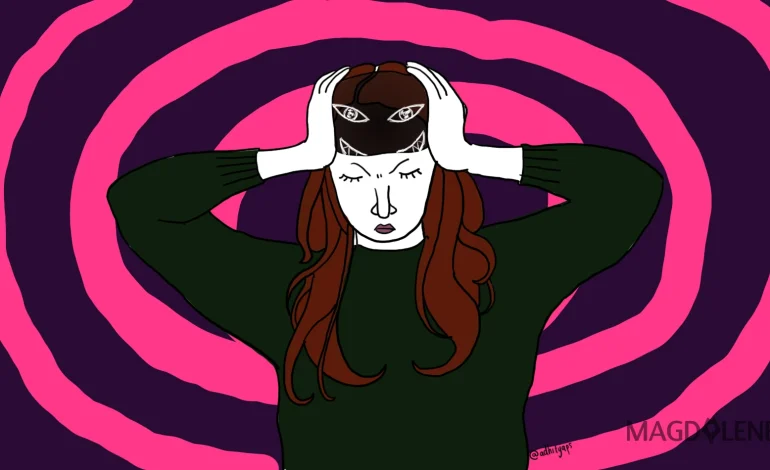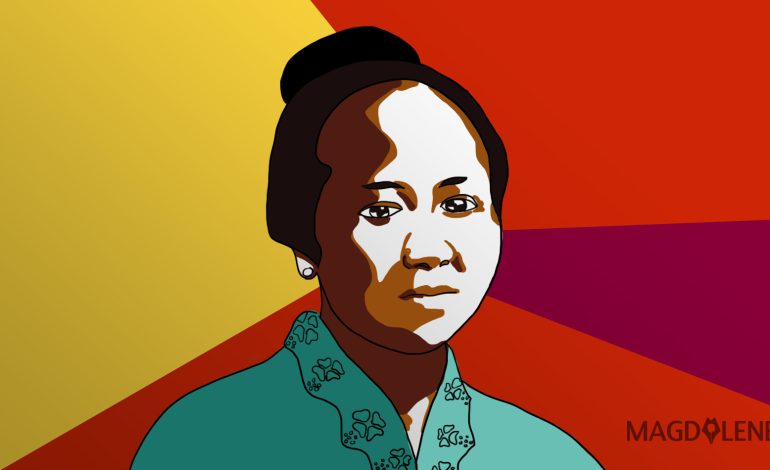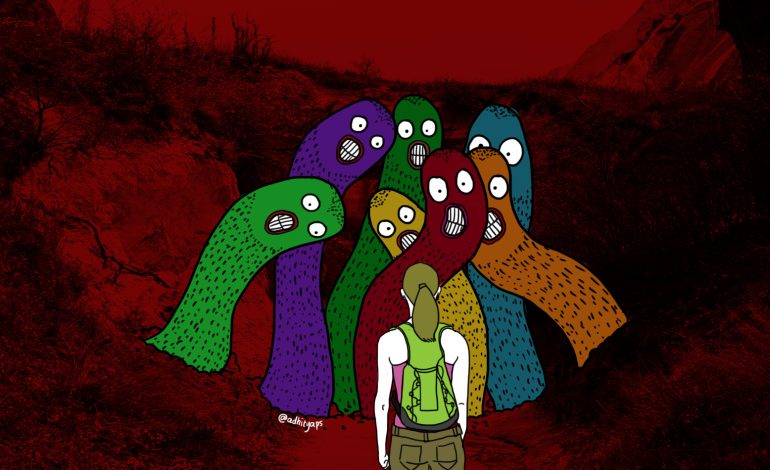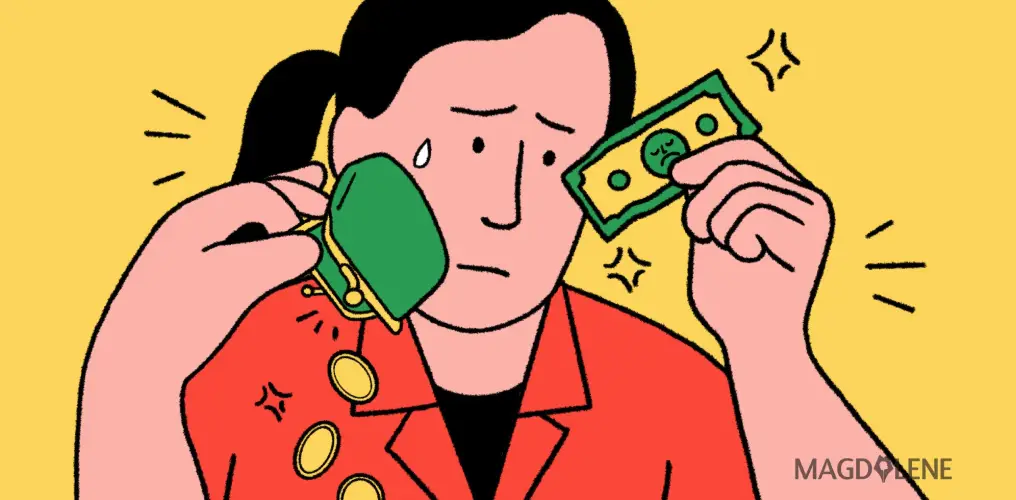Healing Together from Our Trauma

When you click this article, you’ve probably already experienced trauma. This world seemed to end when it happened – oh how we really wished it did – but it didn’t. You’re alive now and living with a lot of questions left unanswered.
You’re not the only one. There are too many questions that I don’t even know how to answer, as well as questions that I have about what happened to me. Just as much as you have about what happened to you.
Explanation is something you deserve to have and right now, you’re probably still trying to find it. I know how it feels, and that was what I had been doing, until I realize the thing that I want to share with you.
Human is simple. We just want to survive and live a good life. But then bad things happen and we no longer see the world the same way again. Some of us experience traumatic events in our adult years, some when we’re too young to realize what exactly happened to us, all leaving us perpetually asking, “Why did it happen to me?”
I was the latter. Bad things happened to me when I was too young to know and I have never been the same person since. I’d been spending my life questioning why it happened to me. I blamed everyone, even God, for not helping me out.
After the traumatic event, I thought it was normal for me to think that I suffered the most in the world. I focused on how painful it was to live and how easily people neglected my feelings. And I blamed others for not understanding, when in fact no one understands themselves. And, in fact, I’m not the only one with trauma. To a degree, most of us are, one way or another.
Everyone has lost somebody they love, mother, father, sister, lover, daughter, friend, you name it. Some of us have experienced being treated unequally and inhumanly. We know how hurtful it is to be betrayed by people whom we trust the most. Everyone has at least one traumatic event in his or her life.
To be sad is perfectly natural. It’s also normal to ask questions and seek explanation. After the passage of time you will realize that there’s no definite answer to answer your questions.
There is no explanation on why things happened to you and why now. Psychology can explain why certain people do bad things and it can describe the effect of the trauma that you’re experiencing now, but it cannot answer your very essential question.
This doesn’t make the bad trauma more acceptable. It’s just a reminder that you did not do anything wrong that made you deserve it. It happened because that is how our imperfectly knitted world works and this is the impact that we have to experience. We cannot run from it, but we can learn a lot from it.

We can learn about how hurtful it is to be treated the way you have been, so you won’t do the same unto others. You also learn to love and be compassionate with others, and to understand.
Trauma happens, but how it impacts us can be ours to choose. As C.S. Lewis said, “Experience: that most brutal of teachers. But you learn, my God do you learn.”
You will survive this life and you don’t need to walk alone. I don’t know you, but I am with you.
Debbi R. Saragih is a complex psychology student who still hasn’t figured out whether she is an introverted or an extroverted person, probably because she’s an ambivert. She’s on a journey to accept her vulnerabilities.






















